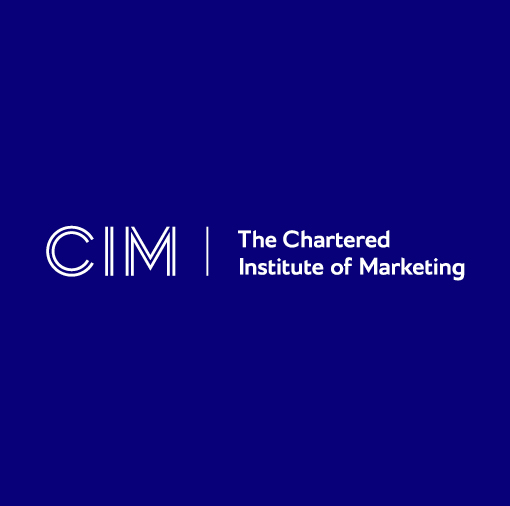
Opinion: What brands can learn from Hollywood’s crisis
It’s awards season in Hollywood. This year, however, the choice of evening wear worn on the red carpet is being made in altered circumstances. At the Golden Globe Awards in January, black was worn as a protest – against sexual assault and harassment in the film industry – and in support of the #MeToo campaign on social media.
The names of Weinstein, Spacey et al continue to make headlines, alongside the whistleblowers who are now calling time on an institutionalised culture of sexual misconduct across the industry.
Marketers will also be taking note, as there is a ‘long tail’ of brands who may also want to reconsider their associations at a time when Hollywood is firmly in crisis mode.
Brand association
Consider last year’s Oscars. High-paying sponsors included drinks brands Chopin Vodka and Clase Azul Tequila. Rolex sponsored the backstage ‘green room’ at the LA event, and also extended its Oscars reach wider, with an exclusive party at London’s stylish Ham Yard hotel.
Fashion brand Swarovski were at the Oscars too, in partnership with Red Carpet Green Dress, an ethical organisation that runs competitions for designers to create dresses with socially responsible fabrics. Stella Artois were there – in collaboration with charity Water.org – as was Elton John, whose traditional Oscars after-party raises money for his AIDS Foundation.
Would all of these brands want to appear again, in light of the recent allegations? For some, the answer will undoubtedly be yes. Others may like to reconsider the extent of their association.
Then there are the ad spots during the Oscars ceremony, bought in 2017 by brands including Adidas, McDonald’s, Samsung and Walmart. These cost up to $2.5m per 30-second spot. Again, despite the lure of a global audience, some of these brands are likely to contemplate how much they want to pay for the association.
Industry scandals raise a huge question for marketers – namely, how can they protect their brand when a whole sector is tarnished by bad news? It’s a question that has relevance for brands in all sectors.
Strategies for crisis
The first marketing strategy a brand might apply when an industry is in crisis, is to distance itself from the bad news story. Being seen to take a stand against misconduct or corruption, and aligning your message to show support for the victims of the industry’s wrongs and fighting for change, can help in this regard – and offers the opportunity of some good PR.
This, indeed, was one of the outcomes when actors Angelina Jolie, Reese Witherspoon, Emma Stone, Monica Ramirez and others, lined up on the red carpet at the Golden Globe Awards, head to toe in black. Critics, however, soon conjured a backlash. The protest was opportunistic, they said – a case of bandwagon-jumping. The wider #MeToo social media campaign was also accused of being ‘virtue signalling’ – a conspicuous expression of moral values built solely for purposes of self-promotion.
Similar was said when director Ridley Scott cut actor Kevin Spacey from his upcoming movie, All the Money in the World. Was it really a sign of big Hollywood players taking a moral stand? Or was Scott part of the problem, desperately trying to save face?
Marketers know this territory well. Ethics, morality and transparency aren’t values that can be ascribed to a brand after the event of a crisis – they need to be inherent from the start if they are to have meaning and deliver brand value. Apply or advertise them retrospectively and they rarely appear authentic. Past-the-point claims of a brand’s integrity are less likely to be trusted by a consumer audience.
End-to-end integrity
Integrity is key for brands that want to be seen to make a moral stand. To build integrity, however, means having a strategy for it that runs through the business from end to end, across the supply chain, though every department, and at every customer touchpoint.
In January, for example, Virgin Trains gained publicity when it announced it would no longer sell the Daily Mail on its services, saying the paper was “not compatible” with its brand and beliefs. Virgin was praised in some areas for aligning itself with a Stop Funding Hate campaign. Only days later, however, and boss Sir Richard Branson ordered a U-turn on the decision, writing that “freedom of speech, freedom of choice and tolerance for differing views are the core principles of any free and open society.”
At the same time, the company had to apologise after a customer complaint about sexist language was followed up with a Twitter response that only compounded the issue. A strategy for brand integrity means joining the dots across the organisation – to a much greater degree than Virgin had achieved.
What all these instances show, is that a quick-thinking PR campaign can provide brand differentiation and soften the blow of a public backlash – even when a whole sector is being tarred with the same brush. But reactive strategies will never truly protect your brand from the fallout of a crisis. To achieve that requires a marketing strategy which drives a transparent, ethically sound culture from the start, and which protects all of the organisation’s stakeholders, internally and externally – before, during, and beyond the time that any wider crisis hits.
Learn more about how to maintain your organisation’s good digital reputation here.
More Stories
Fact Sheet 
An overview of CIM our history and services.
Sign up for the latest news
We’ll always treat your personal details with the utmost care and will never share or sell them to third parties. You are always in control of how we contact you – you can change your contact preferences at any time. For more information, visit our privacy policy.
To receive sector specific news:





